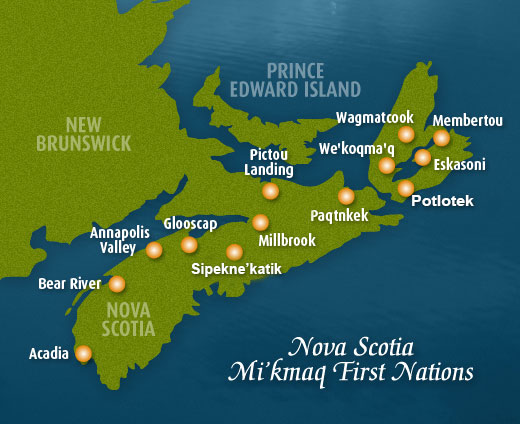Learn: Native Protocol, by Cathy Grant Gerrior
How can good intentions go wrong, when settlers try to enter into right relationship with Indigenous people? Have you ever been in a group that tried to be supportive, yet somehow ended up with an even more strained relationship than you had before?
Cathy Grant Gerrior, a Mi’kmaq Ceremony Keeper, shared an essay with specific guidance on approaching Native Protocol:
“My hope is to create some … opportunities for discussions to happen between yourselves before you even invite a native person in. I have learned that assuming everyone is on the same page can lead to disaster and then to cultures colliding rather than collaborating.”
She goes on to share concrete ideas and approaches that non-Indigenous people can consider. For example:
Many of us do not consider ourselves Canadian so please don’t assume that we do. Canada was created through racist, violent European imperialism by the dominant society/settlers. We belong to Turtle Island and there are many different territories that are recognized by our people. I believe it is a matter of truth and respect that this be stated one way or another.
As a committee, we’ve been reflecting on this document, especially the section about not introducing ourselves by asking for something, nor expecting that an offered gift will be accepted. “Many ‘gifts’ in the past, well-intentioned or not, did much harm.” You can read the full text of her essay online.

Nova Scotia Mi’kmaq First Nations, from the website of NS Office of Aboriginal Affairs
A Powwow is coming-together of the nation-to-nation relationships that Indigenous Peoples have with each other and with Canada. Non-Indigenous Canadians have a role to play, rather than being spectators, of living into the peace and friendship to which our treaties pledge us. Meeting people, learning about the Indigenous People whose guests we are in Mi’kmaki, and engaging respectfully with Indigenous traditions … all are good reasons to attend a Powwow this summer. Why not choose one and mark it in your calendar now?
Many of the Mi’kmaq communities in Nova Scotia have powwows in the summer; wherever your summer plans take you, there is bound to be one nearby.
You can prepare by reading a couple of different perspectives on protocol: 5 Tips for the First Time You Attend a Powwow may be helpful, as well as Millbrook First Nation’s Powwow Protocol.
TBD……Sipekne’katik Traditional Powwow, Indian Brook, NS




 Breastfeeding Friendly Organization
Breastfeeding Friendly Organization